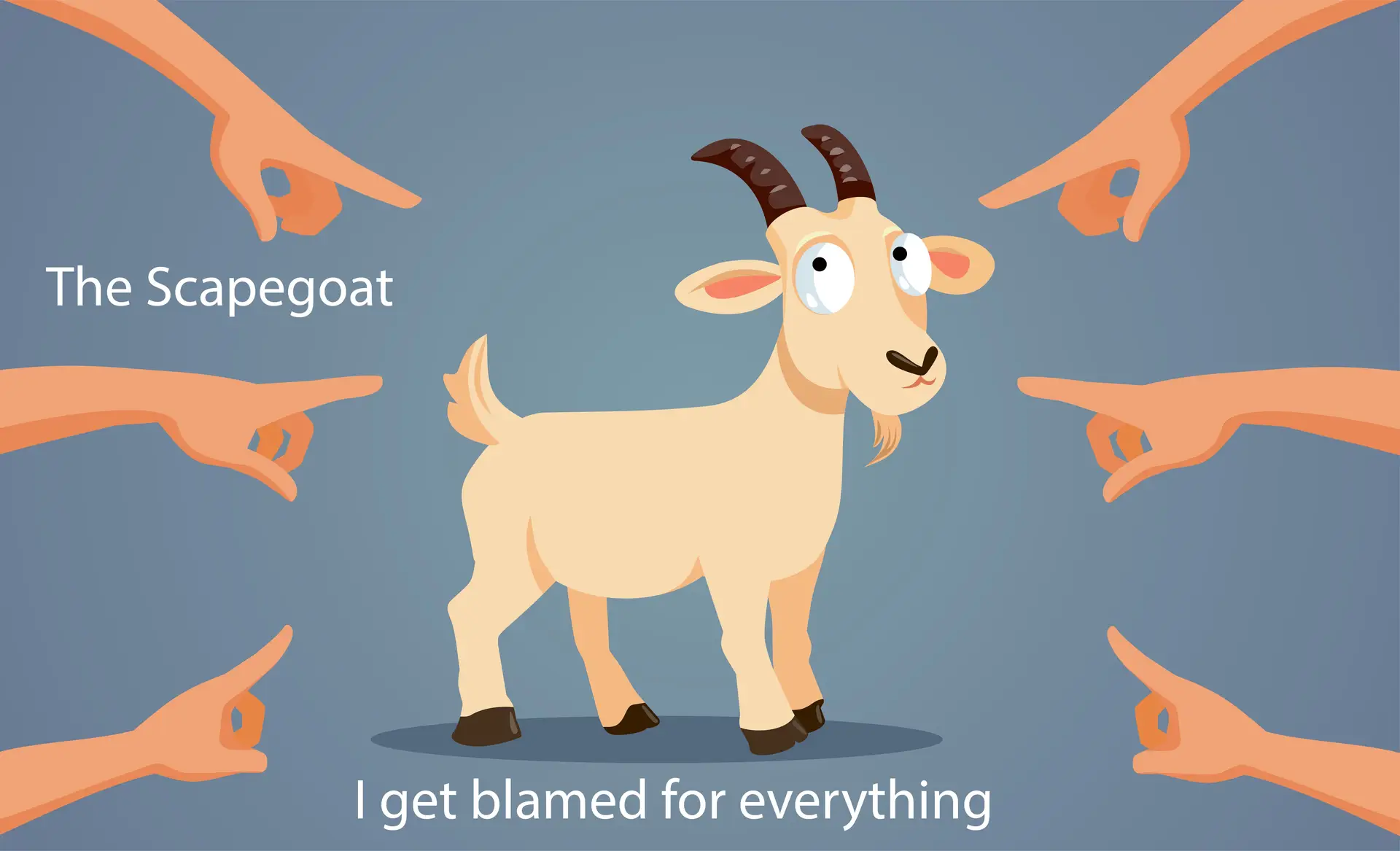What is Avoidance?
Avoidance is the action of keeping away from, not doing something or preventing something from happening.
It can be seen on a spectrum from being a defence mechanism to being a disorder.
What are We Avoiding?
The External and Internal Worlds
Narcissistic parents are very unstable, and their children are aware from a young age that the parent can be easily ‘set off’ and triggered into a punishing or controlling mood state. This usually takes the form of rage, criticism and silent treatments, there can also be violence or very dramatic outcomes such as being told to leave the house for a period of time. Children in narcissistic families will start developing patterns of avoidance of the things which trigger the narcissistic parent from early childhood. They learn to walk on eggshells.

Being assertive, independent, demanding, or being happy often invokes punishing behaviours and this means children of narcissists develop behaviours of being appeasing, compliant and passive.
Ultimately, what they are avoiding are the feelings of humiliation, rejection and abandonment. The narcissistic parent rejects the real authentic self of their child as they mould their child into what they want them to be.
Being a child of a narcissist, we learn that life is painful and what we naturally deduce from how we are treated is that there is something so bad inside of us it needs to be hidden. We begin to strive to avoid those feelings, memories and parts of ourselves that we feel ashamed of, and we attempt to repress those things and any reminders of them which may bring them to the surface.
We are deeply wounded, and we avoid reminders of those wounds. We long for love and acceptance and we change and adapt ourselves to try to achieve being loved and accepted in a family where there is no unconditional love.
We may develop a fear or phobia of our painful feelings and so develop avoidant behaviour around being in touch with our internal world. We may fear our feelings of shame, rage and anger, the need to be loved and cared for, or any feelings of distress or emotional overwhelm. We often connect an emotion to a belief and then think of the belief as fact, so, when we feel anger it can mean – I am angry, and it is bad to be angry, so I am a bad person who is worthless. Shame may then be triggered and this reinforces our belief that we are a bad person, and these feelings can feel intolerable or deeply uncomfortable and so we prefer to avoid these rather then feel them.
Our avoidance can be conscious, or subconscious and it is a survival mechanism.
Our personal triggers
We develop our own set of triggers
We modify our own behaviour to avoid triggers and uncomfortable situations and this way of living can become central to our lives. We can be obsessive about the avoidance of triggers.
Triggers can be things such as:
Angry or neutral faces
Not being able to read someone
Being judged or criticised
Being ignored
Being put on the spot
Eye contact
Emotions – can be felt as weak or too vulnerable
Rejection
Being the centre of attention
Please see this article on triggers and what triggered states feel like.
What does being avoidant look like in practice?
We may find that being around other people is stressful and so we retreat as much as we can, and we may spend a lot of time alone.
We may fear rejection so much that we struggle to make friends or start romantic relationships.
We will avoid asking for help as we fear feeling vulnerable, others having power over us and/or being rejected.
We may never or only rarely make arrangements to meet others and may usually wait to be invited.
We may go away for Christmas or Easter so we can avoid the holidays where we feel other happy families are having a great time or we can’t tolerate being with our family of origin.
We may walk down quiet roads and avoid main roads as we don’t want to see a lot of people.
We may be self-conscious of looking at ourselves so much that we avoid our photo being taken or looking in the mirror.
We may avoid making phone calls because we can’t see the other person and therefore cannot ‘read’ them fully as we only have their voice to go on.
We may avoid socialising with co-workers.
We may get quite drunk, quite quickly at an event to avoid the feelings of social anxiety.
We find it hard to look into people’s eyes for any sustained amount of time and we may be avoidant of eye contact.
We avoid the possibility of upsetting others by being people pleasing.
We may have an avoidance of trying as we fear failure. We may make safe choices.
We may take a day off sick from school, university or work rather than giving a presentation.
We can avoid our feelings by keeping very busy, being a workaholic, and going into addictive behaviours like shopping, overeating, drinking alcohol or smoking.
A Narrow Life
We can end up cutting many people, places and things out of our lives. This can result in us leading quite a limited existence. Our quality of life may become low. Some people can end up staying in a lot of the time and avoiding other people as much as possible. It can be an isolating experience.
As long as we avoid our feelings, we can’t heal those wounded parts of us.
How to Heal
- Being curious – observe ourselves and what we are thinking, doing and feeling in a non-judgemental way (as much as possible)
- This develops our self-awareness
- Builds up our ability to tolerate uncomfortable feelings
- We begin to have a deeper understanding of ourselves as what we do and think begin to make more sense
- Our relationship with ourselves changes, the shame and confusion subside, and we can get to a place where we like and feel more comfortable with ourselves.
Therapy Can Help
Therapy with a qualified therapist who understands trauma can help with recovering from a childhood with a narcissist and dealing with our patterns of avoidance.
One finds one's destiny on the path one takes to avoid it
Carl Jung Tweet








